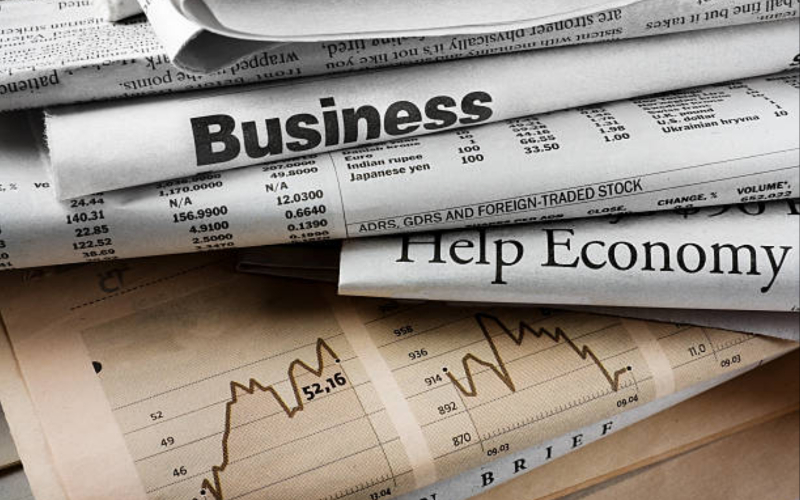The federal government is brimming with optimism regarding the transformative potential of the non-oil sector to navigate the nation’s prevailing financial challenges towards a brighter economic future, provided it is harnessed effectively. This confidence was articulated by Mrs. Nonye Ayeni, the Executive Director of the Nigerian Export Promotion Council (NEPC), during the grand launch of the Export Mentorship Programme (EMP) in Abuja.
According to the latest statistics from the NEPC, the non-oil sector has exhibited robust growth, achieving an impressive export trade value of $4.820 billion in 2022. This figure represents a remarkable increase of 39.91% when compared to the export value recorded in 2021. Moreover, the beginning of the first quarter of 2023 witnessed the export of a diverse range of 167 non-oil products. These encompass a wide spectrum, from manufactured goods and semi-processed items to solid minerals and raw agricultural commodities.
Mrs. Ayeni emphasized the importance of collaboration between the government and financial institutions, urging entities like the Bank of Industry (BOI) to escalate funding for Micro, Small, and Medium Enterprises (MSMEs). This financial boost, she believes, will serve as a catalyst for achieving higher non-oil export earnings for the country. It is in this context that the Export Mentorship Programme (EMP) was conceived, government.
The EMP is a meticulously designed strategy that seeks to pair budding exporters with well-established manufacturing exporters for a predetermined period. The primary aim is to impart a thorough understanding of the intricacies of the non-oil export business. It addresses the dire need to enhance the performance of Nigeria’s non-oil export sector by providing a robust platform for learning, unlearning, and relearning for new exporters from experienced industry players in a practical manner.
Ayeni underlined the uniqueness of the EMP program, emphasizing its practical, hands-on approach. Here, willing mentees are attached to performing exporters to gain firsthand experience in the entire process of non-oil export business. This approach is in line with global best practices, considering that statistics indicate that fewer than 10% of novice exporters can make a successful transition from prospective to performing exporters within their initial three to five years of operation, government.
Dr. Joe Itah, the NEPC Director of Trade Information, highlighted the success of the pilot phase of the EMP, which included 20 members under the guidance of five mentors. Impressively, around 15 mentees successfully completed their training and will be duly recognized with certificates for their achievements.
Conclusion: government

The Export Mentorship Programme represents a significant step forward in fostering the growth and potential of Nigeria’s non-oil sector. Through strategic partnerships and hands-on training, it aims to bridge the skill gap and remove obstacles that hinder new exporters, ultimately contributing to the sector’s success and, in turn, the nation’s economic prosperity, government.










